“Joining a Trauma Processing Writing Group: Ways It Can Transform Your Life”- 63

“Joining a Trauma Processing Writing Group: 63 Ways It Can Transform Your Life”
“Joining a Trauma Processing Writing Group: 63 Ways It Can Transform Your Life”
Joining a Writing Group for Trauma Processing: The Healing Power of Community:
When navigating the tumultuous waters of trauma, feeling isolated can deepen the sense of pain. Individuals often grapple with the weight of unexpressed emotions, and sharing these experiences in a compassionate setting can significantly alleviate this burden. Joining a writing group that focuses on trauma processing offers a nurturing environment where individuals can confront their stories and connect with others sharing similar paths.
1. Why Community Matters in Healing
The healing journey can often feel like a solitary battle. However, the power of community cannot be overstated. When individuals come together, they foster a supportive network where vulnerability becomes a shared strength. This communal bond creates an atmosphere of empathy, validation, and healing.
Writing groups offer participants the chance to share their narratives and insights while receiving compassionate feedback. Engaging with others who understand trauma deepens the potential for empathy, as members provide support and honor one another’s stories.
2. Benefits of Joining a Writing Group Focused on Trauma
Joining a writing group centered on trauma processing offers numerous profound benefits:
- Safety in Sharing: Participants can find comfort in expressing their stories in a safe space. Knowing that others share similar experiences fosters a sense of belonging and understanding.
- Enhanced Perspective: Listening to others share their writing can lead to new insights into one’s own narrative. This exchange encourages self-reflection, often highlighting areas for further exploration.
- Accountability and Commitment: Regular meetings help maintain a writing practice. The commitment to the group encourages individuals to engage with their writing consistently, ensuring that their healing journey remains a priority.
- Skill Development: Writing groups often provide feedback that can help hone your writing skills. This development can facilitate better communication of thoughts and emotions in written form.
3. Finding the Right Writing Group for You
Finding the ideal writing group may require some exploration. Here are a few ways to locate a supportive environment that resonates with your needs:
- Local Community Centers: Check for workshops or groups hosted at local libraries, community centers, or mental health organizations.
- Online Platforms: Consider joining online writing communities or forums that provide virtual spaces for sharing and feedback.
- Social Media Groups: Groups on platforms like Facebook often serve as meaningful connections, providing opportunities for sharing writings and insights while cultivating supportive friendships.
When selecting a group, prioritize those that emphasize trauma processing and emotional safety, allowing members to openly share without fear of judgment.
4. Navigating Vulnerability in a Group Setting
While sharing stories can be fortifying, it can also feel vulnerable. Being part of a writing group means exposing personal emotions, which may inadvertently trigger fear or anxiety. Here are suggestions to navigate this complexity:
- Assess Readiness: Before sharing your writing, consider your readiness to discuss your experiences. You have the right to choose what to share and when.
- Establish Boundaries: Clearly establish what you’re comfortable sharing. Open communication about boundaries fosters trust within the group.
- Commit to Active Listening: The essence of a successful writing group lies in mutual respect. Practicing active listening when others share their experiences creates an atmosphere of empathy and support.
5. Preparing to Share Your Writing
To ease into sharing your writing, practice beforehand. Familiarize yourself with your piece so you can present it confidently. Consider the following:
- Start Small: Choose to share shorter pieces initially. As you gain comfort, you can gradually delve into more extensive works.
- Express Your Feelings: Before presenting your writing, express how it felt to write the piece. This context aids listeners in understanding the emotions at play.
6. The Importance of Feedback
Constructive feedback is a crucial component of a writing group. However, it’s vital to establish guidelines to ensure that this feedback remains kind and productive. Here are some best practices:
- Focus on Themes, Not Just Grammar: Encourage your group members to provide feedback that addresses themes, emotional resonance, and overall impact rather than fixating solely on grammatical errors.
- Encourage Positivity: As you provide feedback, start with positive observations before discussing areas for growth. This helps create a supportive environment that encourages vulnerability.
7. Celebrating Your Journey Together
Celebrate the milestones reached within your writing group. Whether it’s completing a particularly emotional piece or simply meeting collectively, laud the efforts of each member. This practice builds camaraderie and deepens the sense of connection among members.
In conclusion, joining a writing group focused on trauma processing can create a profound sense of community and understanding. The healing potential of shared narratives fosters empathy, self-awareness, and emotional release, significantly enhancing one’s journey through trauma. Embrace the power of communal storytelling and allow your voice to emerge in harmony with others, guiding you toward healing and liberation.



